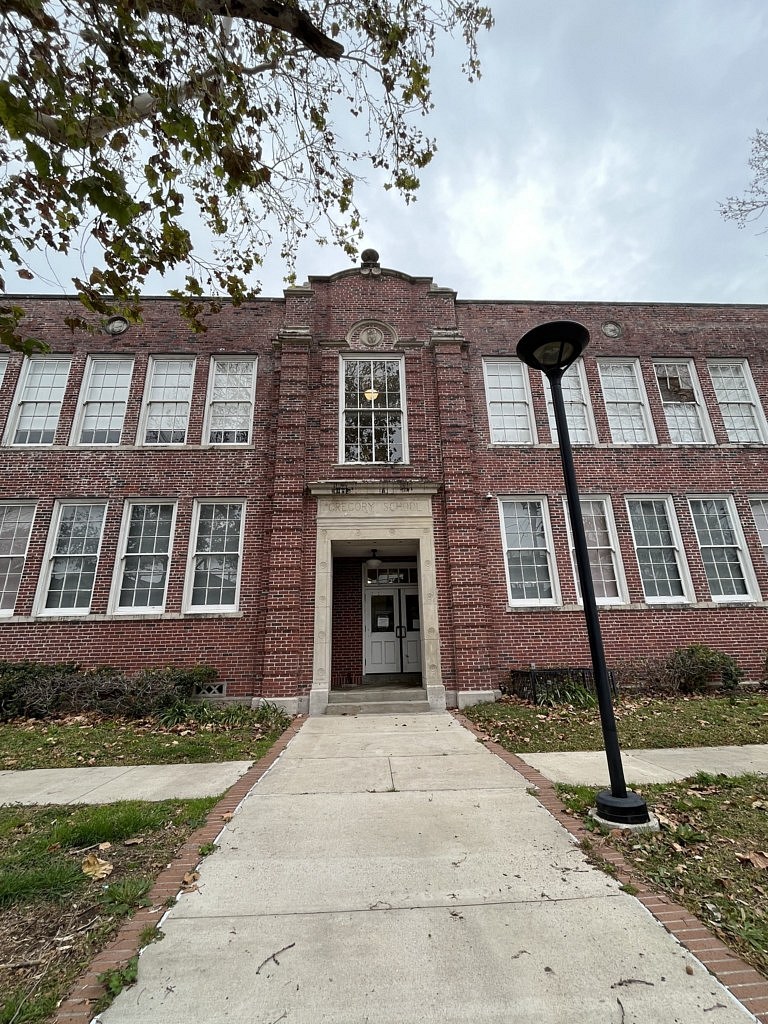
The African American Library at the Edgar M. Gregory School preserves historical information about the African-American community in Houston. | Photo by Alicia McWilliams 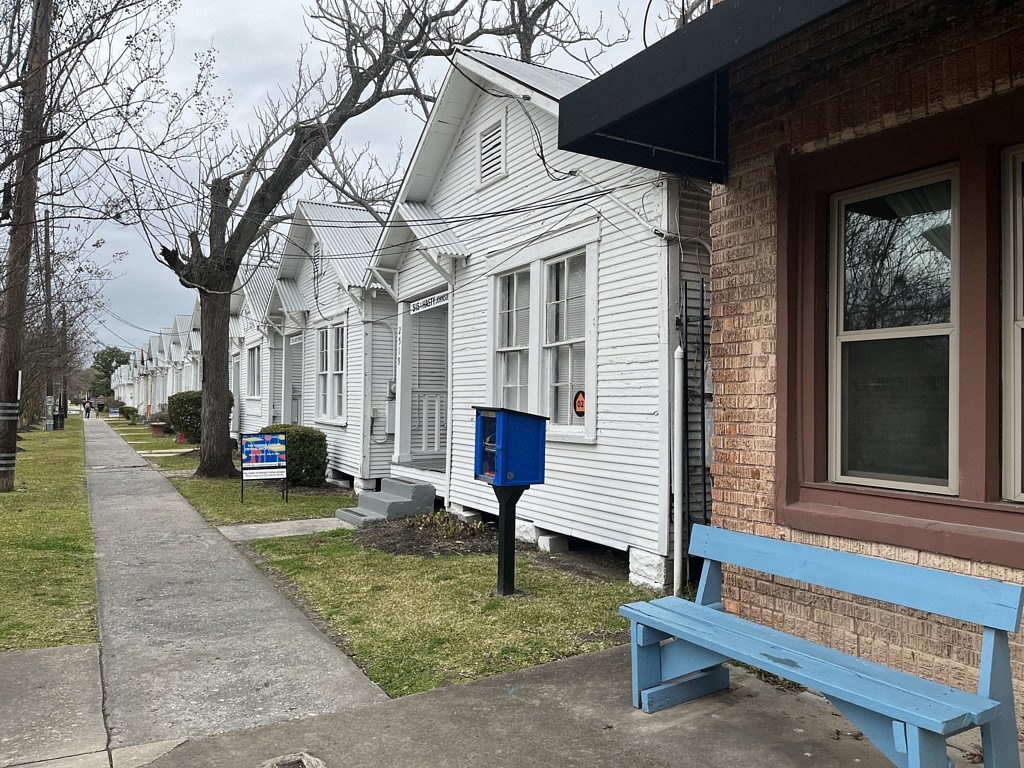
The Project Row Houses are located in Third Ward and are open Wednesday through Sunday from noon to 5 p.m. | Photo by Alicia McWilliams 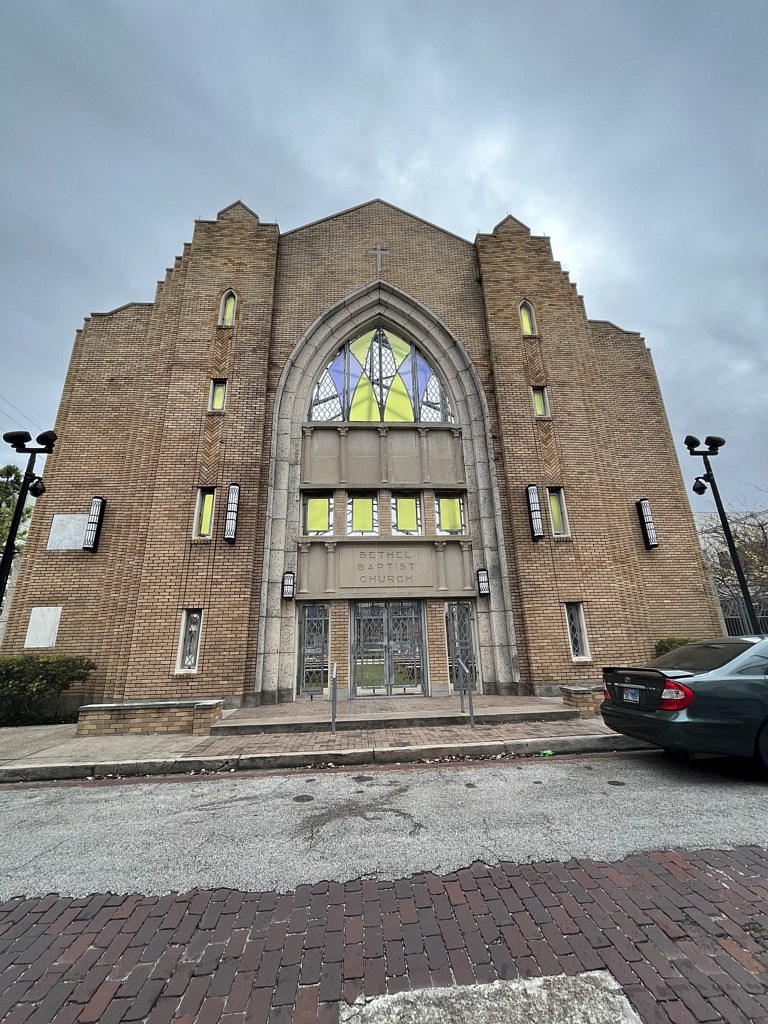
Bethel Baptist Church and park is located in Freedman’s Town. | Photo by Alicia McWilliams
It’s Black History Month, and once again we are paying tribute to the notable men and women who fought hard for equality at a time where equality was more of a privilege than a right. Houston has a thriving black community with rich history and traditions that have come to make up the black identity of the city. Houston has no shortage of historical sites within the city that embody the spirit of black Houstonians and their history. Here are nine places to visit in the city this black history month.
Freedmen’s town makes up most of Houston’s fourth ward, and it is one of the original and most prominent of the historically black neighborhoods in Houston. During the late 19th century, Freedmen’s town became a hub for black professionals and sported a vibrant nightlife. Today, there is still plenty of life in the area, and plenty of history to explore. One such prominent feature is the brick road that lines some of the streets, which were laid down by former slaves when the town was first founded.
Now a research library and museum, the African American Library at the Gregory School began its life as one of the first public schools in Houston to be open to African Americans. Its roots lie in Freedmen’s town, with a bureau headed by prominent leaders from the area overseeing its erection. The library and museum are both open to the public nearly every day of the week and host events that anyone can attend.
Bethel Park is also located in Freedmen’s Town. Similar to the Gregory School, the church where Bethel Park resides was founded by leaders from Freedmen’s Town. It is known to be one of the oldest churches in Houston and served as a meeting place for former slaves during the initial founding of Freedmen’s Town. Today, there are no services in the church since the structure was severely damaged in 2005 and redesigned into an architectural piece. You can walk through it and learn more every Friday to Wednesday from 8 a.m. to 9 p.m.
Rev. Jack Yates’ house was built in 1870 in Freedmen’s Town. Today, it resides in Sam Houston Park and guests can tour the home. Seemingly frozen in time, Yates House offers guests a look into the personal life of Yates. Yates is known for advocating for the creation of an African American cemetery, the erection of schools for black youth, as well as Emancipation Park.
Founded in 2001, this museum explores the deep history of the Buffalo Soldiers and the lesser known roles that they played in the history of the country. Additionally, the museum also explores the roles that black people were able to have in other, more modern, areas of the military thanks to the contributions of the Buffalo Soldiers.
Located on Lyons Ave in the Fifth Ward, the Deluxe Theatre was a part of the “Chitlin’ Circuit” (the term given to the venues that allowed black patrons during the time of segregation). It has seen performances from legendary performers like Ray Charles and Aretha Franklin. Once abandoned and rotting, the theater has been given new life and now hosts a variety of community performances and activities.
The Houston Museum of African American Culture offers guests a peek into the background and history African Americans expressed through art. Guests can also attend different activities hosted by the museum.
Located in the heart of the historic Third Ward, Project Row Houses sits unassumingly on a relatively quiet street right across from a church. The mission of PRH is to be a catalyst for change within a community that is often undercooked or written off. Originally founded in 1990, the organization has been working hard to preserve the history of Third Ward, especially now, as gentrification begins to change the landscape of the area.
Located in Third Ward, emancipation Park originally served as the only park available to African Americans during segregation. Today, guests can come to the park to not only enjoy its amenities, but also to learn about the history of the park and participate in different events hosted there.

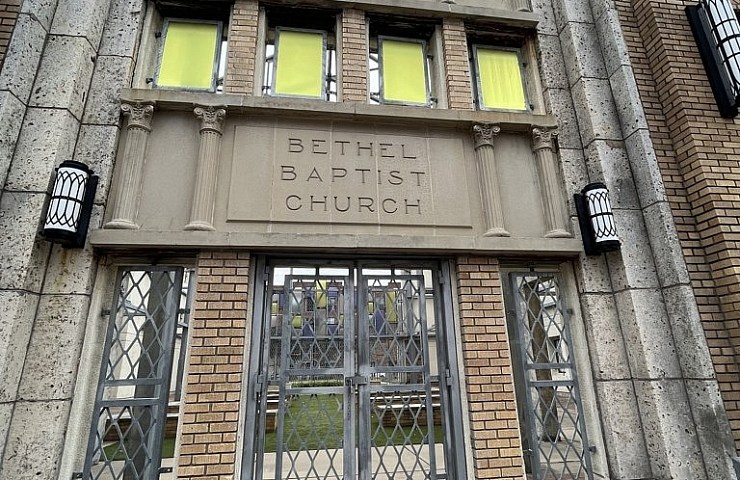
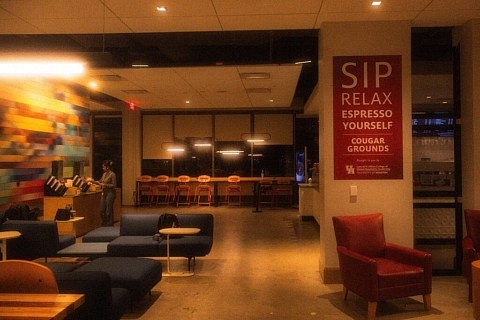


Recent Comments